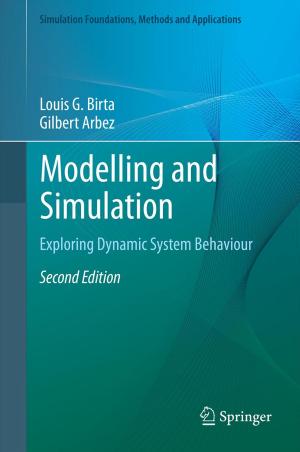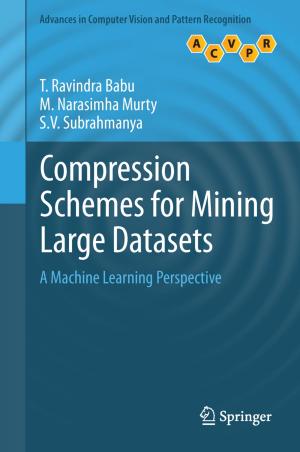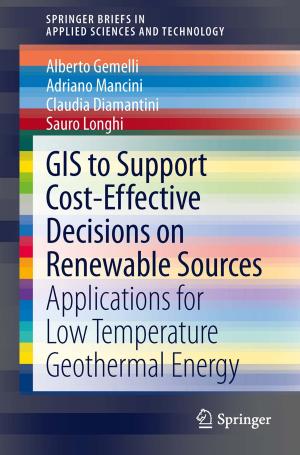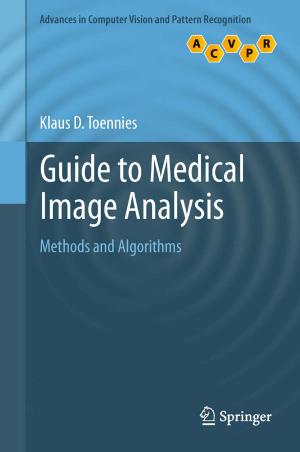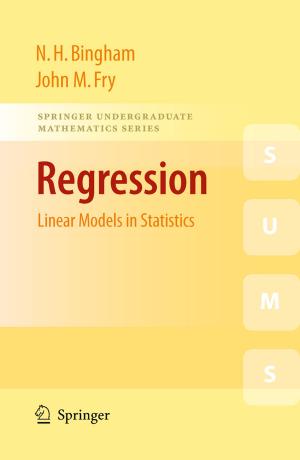Low Rank Approximation
Algorithms, Implementation, Applications
Nonfiction, Science & Nature, Science, Other Sciences, System Theory, Technology, Automation| Author: | Ivan Markovsky | ISBN: | 9781447122272 |
| Publisher: | Springer London | Publication: | November 19, 2011 |
| Imprint: | Springer | Language: | English |
| Author: | Ivan Markovsky |
| ISBN: | 9781447122272 |
| Publisher: | Springer London |
| Publication: | November 19, 2011 |
| Imprint: | Springer |
| Language: | English |
Data Approximation by Low-complexity Models details the theory, algorithms, and applications of structured low-rank approximation. Efficient local optimization methods and effective suboptimal convex relaxations for Toeplitz, Hankel, and Sylvester structured problems are presented. Much of the text is devoted to describing the applications of the theory including: system and control theory; signal processing; computer algebra for approximate factorization and common divisor computation; computer vision for image deblurring and segmentation; machine learning for information retrieval and clustering; bioinformatics for microarray data analysis; chemometrics for multivariate calibration; and psychometrics for factor analysis.
Software implementation of the methods is given, making the theory directly applicable in practice. All numerical examples are included in demonstration files giving hands-on experience and exercises and MATLAB® examples assist in the assimilation of the theory.
Data Approximation by Low-complexity Models details the theory, algorithms, and applications of structured low-rank approximation. Efficient local optimization methods and effective suboptimal convex relaxations for Toeplitz, Hankel, and Sylvester structured problems are presented. Much of the text is devoted to describing the applications of the theory including: system and control theory; signal processing; computer algebra for approximate factorization and common divisor computation; computer vision for image deblurring and segmentation; machine learning for information retrieval and clustering; bioinformatics for microarray data analysis; chemometrics for multivariate calibration; and psychometrics for factor analysis.
Software implementation of the methods is given, making the theory directly applicable in practice. All numerical examples are included in demonstration files giving hands-on experience and exercises and MATLAB® examples assist in the assimilation of the theory.





